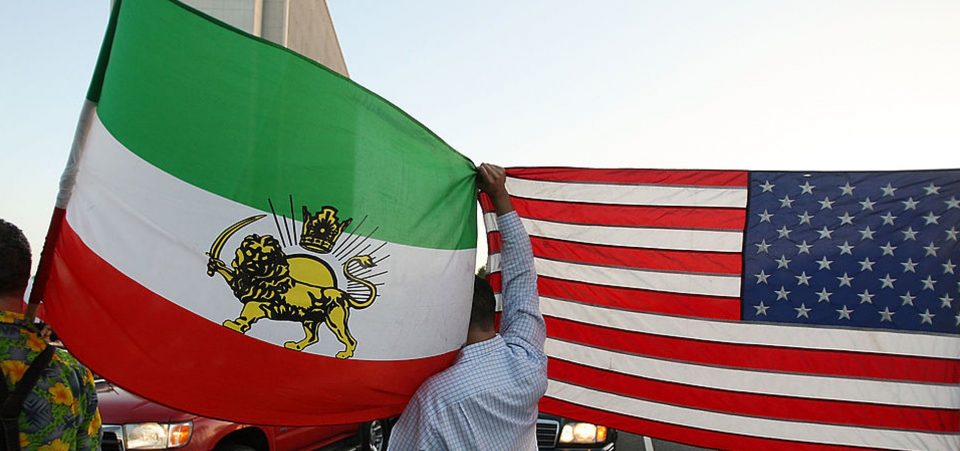Why Would Trump Scrap the Iran Nuclear Deal When His Advisers Say It’s Working?
President Donald Trump said he wants to scrap the Iran nuclear deal. He said so even before winning the November 2016 election. There’s reason to believe he will seek to dismiss the deal, just as he has tried—unsuccessfully—to end Obamacare. While there are various opinions about the merits and problems of Obamacare, the Iran nuclear deal has received widespread praise. Look up “Iran Deal Trump” and you will find much speculation about whether Trump will cancel it.
The Iran nuclear deal, or Iran Deal for short, was signed in Lausanne, Switzerland in April 2015. It was ratified a few months later. The most important thing to realize about the Iran Deal is that it has found a workable solution to one of the most complex and long-lasting problems in foreign affairs in the past decade. The Iran Deal works, as the past two years have demonstrated.
An Iran nuclear deal summary might find no better place to start than at the basics. The deal addressed an important concern. Western countries, their allies, and Israel have long argued that Iran wants to develop a nuclear weapon. In the mid-2000s, Iran’s then-President Mahmoud Ahmadinejad boasted that Iran would acquire a nuclear weapon. Clearly, he did not help resolve concerns; on the contrary, he only raised them.
Also Read: Will Trump Cancel the Iran Nuclear Deal?
When the reformist President Hassan Rouhani came to power in Iran in 2013—winning another four-year term last spring—he made it clear that a diplomatic solution was possible. His government denied the existence of a military nuclear program. But it refused inspections from international officials at its nuclear research installations.
The Iran Deal Is The Best Possible Solution to a Complex Problem
Of course, the Iran Deal does not guarantee that Iran will never build a nuclear weapon. But it will make it much harder to hide, should Iran pursue such a course. The way that the Iran Deal is set up makes efforts to disguise or hide military nuclear research complicated. It’s no surprise then that many key figures in Trump’s administration are keen to keep the deal.
Trump has not spelled it out in so many words, but everything suggests that he will try to scrap the Iran Deal, if for no other reason than that it represents a major achievement of the Barack Obama administration. The terms “Iran,” “nuclear deal,” and “Obama” are synonymous with the most important foreign policy achievement of the past five years.
But Trump will not find it as easy to get rid of the Iran Deal as getting rid of Obamacare. The Europeans can keep their end of the agreement, because it is not unilateral. More importantly, scrapping the deal would uncover potentially very deep divisions within the Trump White House. Therein explains Secretary of State Rex Tillerson’s “moron” comment about Trump. There’s reason to suggest the Iran Deal might be at the heart of the dispute.
Trump has repeatedly denounced the agreement with Iran. He said it was one of the “worst” agreements that the U.S. has ever concluded. He wants to renegotiate. But the other signatories, including the major European allies—Britain, France, and Germany—have no such intention. Still, all Trump has to do is to declare that Iran is not in compliance. Congress could then re-impose crippling sanctions, which will make the agreement collapse.
For the record, the International Atomic Energy Agency (IAEA) stated that Iran is respecting the agreement. There are rumors that Tillerson, Secretary of Defense Jim Mattis, and others are trying to persuade Trump that the Iran Deal works. The U.S. President (Trump or any other), as part of the Iran Deal must inform Congress every 90 days whether Iran is respecting the terms. So far, Trump has qualified Iran’s compliance, but he has indicated that the crucial deadline will be on October 15.






